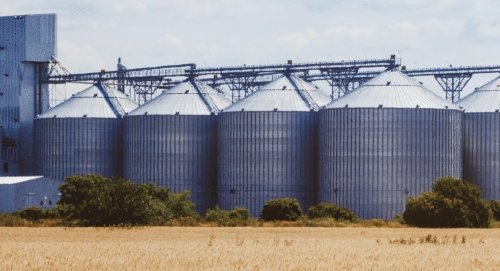A long-acting trace element bolus is a valuable tool in sheep production, designed to address the nutritional requirements of sheep by providing a sustained release of essential trace minerals over an extended period.
Mark Jones from Pacific Biologics said this innovative technology offers numerous benefits for both sheep health and overall production efficiency.
Trace minerals, including selenium, cobalt, zinc and iodine, play a crucial role in the metabolic processes, growth, and immune function of sheep. Deficiencies in these can lead to various health issues, reduced productivity and increased susceptibility to diseases.
While traditional methods of trace mineral supplementation involve periodic injections or oral administration of mineral supplements, long-acting trace element boluses offer a more convenient and efficient solution.
The bolus is a small cylindrical device administered orally to the sheep.
It is designed to slowly erode and release a controlled amount of trace minerals into the animal's digestive system over a predetermined period, typically several months.
This sustained release ensures the sheep receives a consistent and adequate supply of essential trace minerals, eliminating the need for frequent manual supplementation.
As a result, the sheep experience improved health, enhanced growth rates and increased resistance to diseases.
Mr Jones said one of the key advantages of using long-acting trace element boluses is its convenience and labour-saving nature.
He said traditional methods of trace mineral supplementation often require repeated handling and administration of animals, which can be time-consuming and stressful for both the sheep and the shepherd.
“With boluses, a single administration can provide months of nutritional support, reducing the need for frequent handling and minimizing stress on the animals,” Mr Jones adds.
“Furthermore, the controlled release mechanism of boluses ensures that the trace minerals are absorbed and utilized by the sheep's body more efficiently.
“This targeted delivery system mimics the natural intake of minerals from forage, allowing for better absorption and utilisation and as a result, the sheep's overall health, immune system and reproductive performance are optimised.
Long-acting boluses also contribute to improved flock management and production outcomes.
“By addressing trace mineral deficiencies in a sustained manner, farmers can expect greater lambing with healthier lambs, reduced mortality rates and enhanced weight gain.”
Mr Jones said the strengthened immune systems of bolus-treated sheep can also lead to decreased reliance on antibiotics and other medical interventions, promoting more sustainable and environmentally friendly farming practices.
He says healthier, more productive sheep ultimately deliver greater economic returns to Australian producers.




